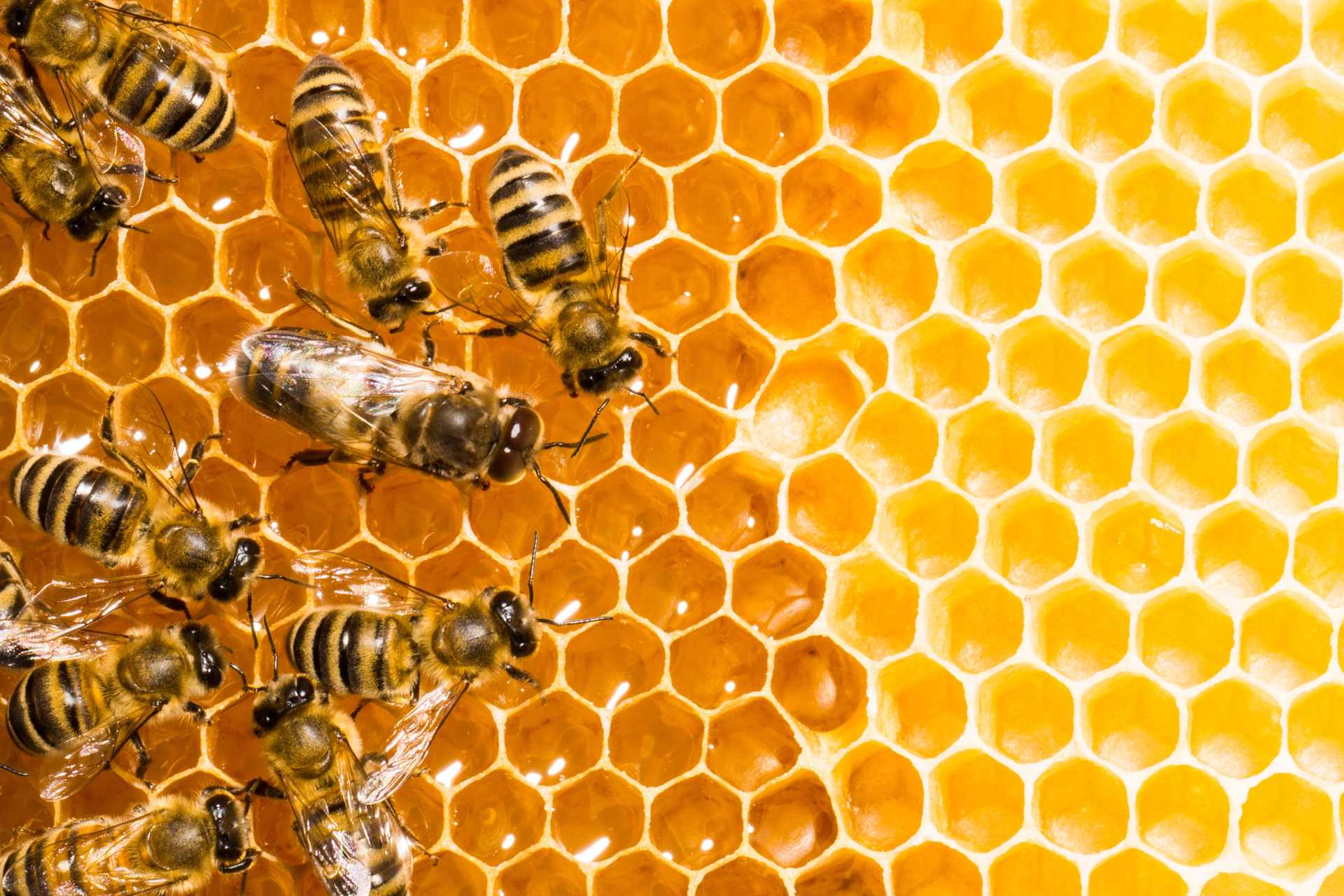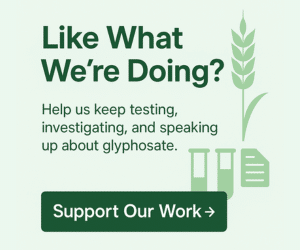Pollinators are vanishing — and it’s not just bad luck or bad weather.
We’ve heard the usual suspects: mites, climate change, habitat loss. But one culprit keeps flying under the radar — glyphosate, the world’s most widely used herbicide. It’s profitable. It’s persistent. And now, New Zealand wants to increase how much of it can be sprayed on our food.
We’ve seen the headlines about disappearing bees. But maybe the real question isn’t what’s happening to pollinators — it’s why we’re still allowing chemicals that threaten them to dominate our agriculture.
Bees Don’t Eat Weeds — So Why Should Glyphosate Harm Them?
That’s the argument you’ll often hear:
“Glyphosate only affects plants. Bees don’t eat plants. Case closed.”
But that’s a dangerously simplistic view.
Glyphosate works by disrupting the shikimate pathway — a metabolic route in plants and bacteria. Bees, like humans, don’t have this pathway. But here’s the catch: their gut microbes do.
And disrupting a bee’s microbiome isn’t just a minor inconvenience — it’s a death sentence waiting to happen.
Microbial Mayhem: What the Science Shows
A 2018 study published in PNAS found that bees exposed to glyphosate had significantly reduced levels of beneficial gut bacteria. These bacteria help bees digest food, fight off pathogens, and process pollen.
When their microbiome is compromised, bees become more vulnerable to infections — particularly deadly ones like Serratia marcescens, a bacterium that’s increasingly found in collapsing colonies.
So no, glyphosate isn’t killing bees directly.
It’s killing off the microscopic army that keeps them alive.
Pollination Isn’t a Bonus — It’s the Backbone
It’s easy to forget just how much we rely on pollinators.
Bees contribute to the reproduction of more than 75% of the world’s flowering plants — including many of our most nutritious fruits, vegetables, and nuts.
Without bees:
- Almond trees don’t yield
- Apple blossoms don’t fruit
- Avocado crops decline
- Clover and alfalfa for livestock suffer
This isn’t just an environmental issue. It’s an agricultural, economic, and public health issue rolled into one.
The Glyphosate Fog: What Regulators Won’t Say
Glyphosate is often portrayed as the safer alternative — less toxic than older pesticides, quickly broken down in the soil, no immediate danger to humans.
But the deeper you dig, the murkier it gets.
Most safety data comes from industry-funded studies. Independent research? Often dismissed, underfunded, or ignored. Microbiome disruption wasn’t part of the original safety assessments. And bees certainly weren’t a concern when these rules were written.
Yet here we are, decades later, proposing even higher glyphosate residue limits on food — knowing full well it doesn’t stay on the soil. It travels. It persists. It accumulates.
A Policy Built on Assumptions
The assumption that glyphosate only harms plants.
The assumption that low doses are harmless.
The assumption that microbial life — in bees, in soil, in humans — doesn’t matter.
Those assumptions are crumbling.
And the price of getting it wrong isn’t just dead weeds. It’s collapsing ecosystems.
The Bottom Line
We don’t need one more study. We need one more ounce of courage.
If our pollinators are declining — and we know they are — then every policy, every chemical, and every approval must be scrutinized through that lens.
Because once the bees go, we follow.
→ Take a Stand
We oppose MPI’s proposal to raise glyphosate residue limits on food crops. You should too.
Resources and References
Still not convinced? Or maybe you are — and want to go deeper.
Either way, we’ve gathered a few key resources that show just how far the rabbit hole goes when it comes to glyphosate and bee health. These aren’t fringe studies — they’re peer-reviewed, independently conducted, and largely ignored by the regulators calling the shots.
Glyphosate perturbs the gut microbiota of honey bees
PNAS (2018)
Landmark study showing microbiome disruption in bees after glyphosate exposure.
Read the article: https://www.pnas.org/doi/10.1073/pnas.1803880115
Impact of Glyphosate on the Honey Bee Gut Microbiota
Frontiers in Microbiology (2020)
Research indicating that sublethal doses of glyphosate reduce beneficial gut bacteria and affect microbial diversity in honey bees.
https://pmc.ncbi.nlm.nih.gov/articles/PMC7394351/
Reasons Why Bees Are Dying
Friends of the Earth (2020)
An overview of factors contributing to bee decline, including the role of pesticides like glyphosate.
Read the article: https://foe.org/blog/reasons-why-bees-are-dying/
Glyphosate and Glufosinate Residues in Honey and Other Hive Products
Foods Journal (2023)
A comprehensive review of the presence of glyphosate and glufosinate residues in hive products and their potential implications.
Read the review: https://www.mdpi.com/2304-8158/12/6/1155
Image Source & Attribution
Feature image licensed via Depositphotos. Credit to smaglov for the original work. Explore their full portfolio on depositphotos.com.




